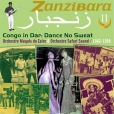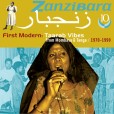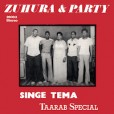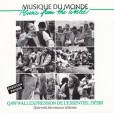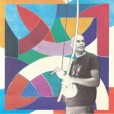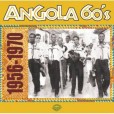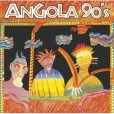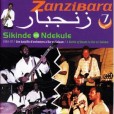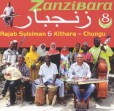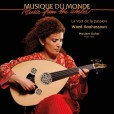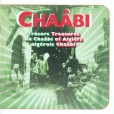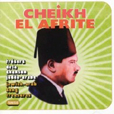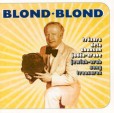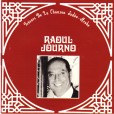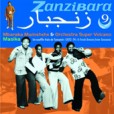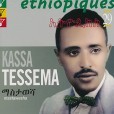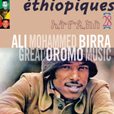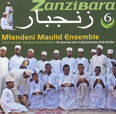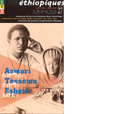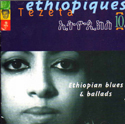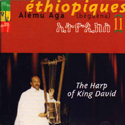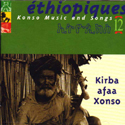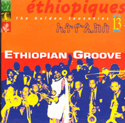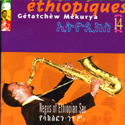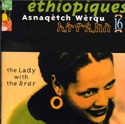Your basket is empty

Deep taarab from 1982.
Zuhura and co came through the Mombasa scene of the 1970s, with a more uptempo musical style, and with Zuhura turning away from the usual Bollywood influences towards traditional Swahili poetry, for her direct, feminist lyrics.
Lovely new recordings of maloya music, from Reunion, in the Indian Ocean.
Heartfelt singing amidst bustling, organic percussion, featuring kayanm shakers and berimbau-style bobre, with a pendulous bottom end.
The ‘little devil’ was born in Tunis in 1884 to a Libyan mother and Moroccan dad. The first half of the twentieth century was a golden era in Tunisian music; Cheikh El Afrite its most celebrated artist. As a youngster he became fluent in its mix of classical Arab-Andalous and Ottoman traditions with folk idioms like bedouin and other African melodies, fondo and fezzani, and the festive tripolitain music of Libya. Turning professional at eighteen, he was soon singing for the bey every Tuesday night, at his seaside palace in Hammam Lif. Later, his recordings made him star throughout the Maghreb.
A follower of the celebrated Cheikh El Afrite, young Raoul taught himself oud, and sang solo for his local synagogue choir — also drawing inspiration from the munchid singing of Sulamia, the largest Sufi brotherhood in Tunisia. In 1934, aged twenty-three, his first album was a smash. Maghreb audiences revered him for his fidelity to his own national traditions, undistracted by more fashionable Lebanese and Egyptian styles.
Ya Samra hymns a prettily-tattooed, blushing, date-flavoured brunette; in Aala Khadek the dirty rascal fancies himself to be a bee, closing in on the delicious nectar secreted in the beauty spot of his beloved.
Bluesily poetic baritone singing in the great post-war tradition of Assèfa Abatè, Fréw Haylou, Asnaqètch Wèrqu, Kètèma Mèkonnen and co. Lovely.
The Imperial Bodyguard Band singer, who tuned his guitar like an oud. Oromo reasoning about love, existence and resistance, with a tasty Arab twang. Mississippi presented him on vinyl recently.
A form of Sufi music with its roots in the ancient Arab world, surviving only in Zanzibar: slowly building in intensity, with songs and poetry, and passages for dancing, featuring a wide range of percussion.
Precious relics from Berlin, 1908. UNESCO has stumped up for a lavish presentation, with fine notes and translations; but surely the fly in the ointment is the difficulty of actually listening through the music.
With virtuoso self-accompaniment on the beguena — an oversize ten-string lyre, the oldest instrument played in Ethiopia: religious songs as well as traditional fables, folk tales and poems.
The music of the Konso — a tribe from the Sudanese border country — to do with daily chores, sacred or ritual matters, and entertainment. Flutes, bells, harps, horns, xylophones, drums.
Another survey of the golden age of modern Ethiopian dance music — bound up with the production of vinyl records — between 1969 and 1978.
Starting in the early fifties, long before Ayler and Ornette, Mekurya’s stroke of genius was to give improvisatory voice on his saxophone to the ‘shellela’ singing style — epic, harsh, war-like.
Self-taught on krar-lyre, favourite instrument of the azmari; and — alternately poignant and sarcastic — the last great singer, story-teller and free-thinker to carry on their tradition of poetic cut-and-thrust.

